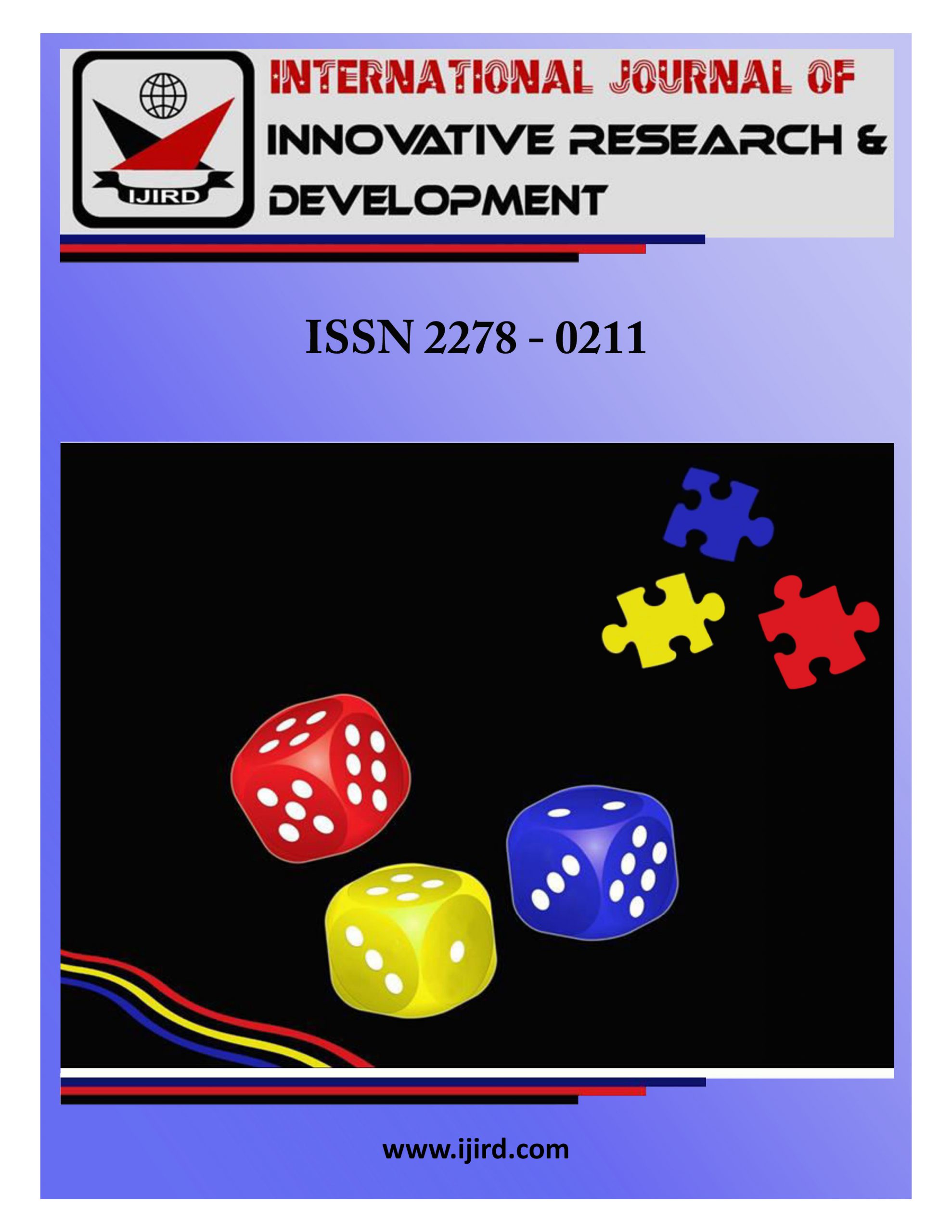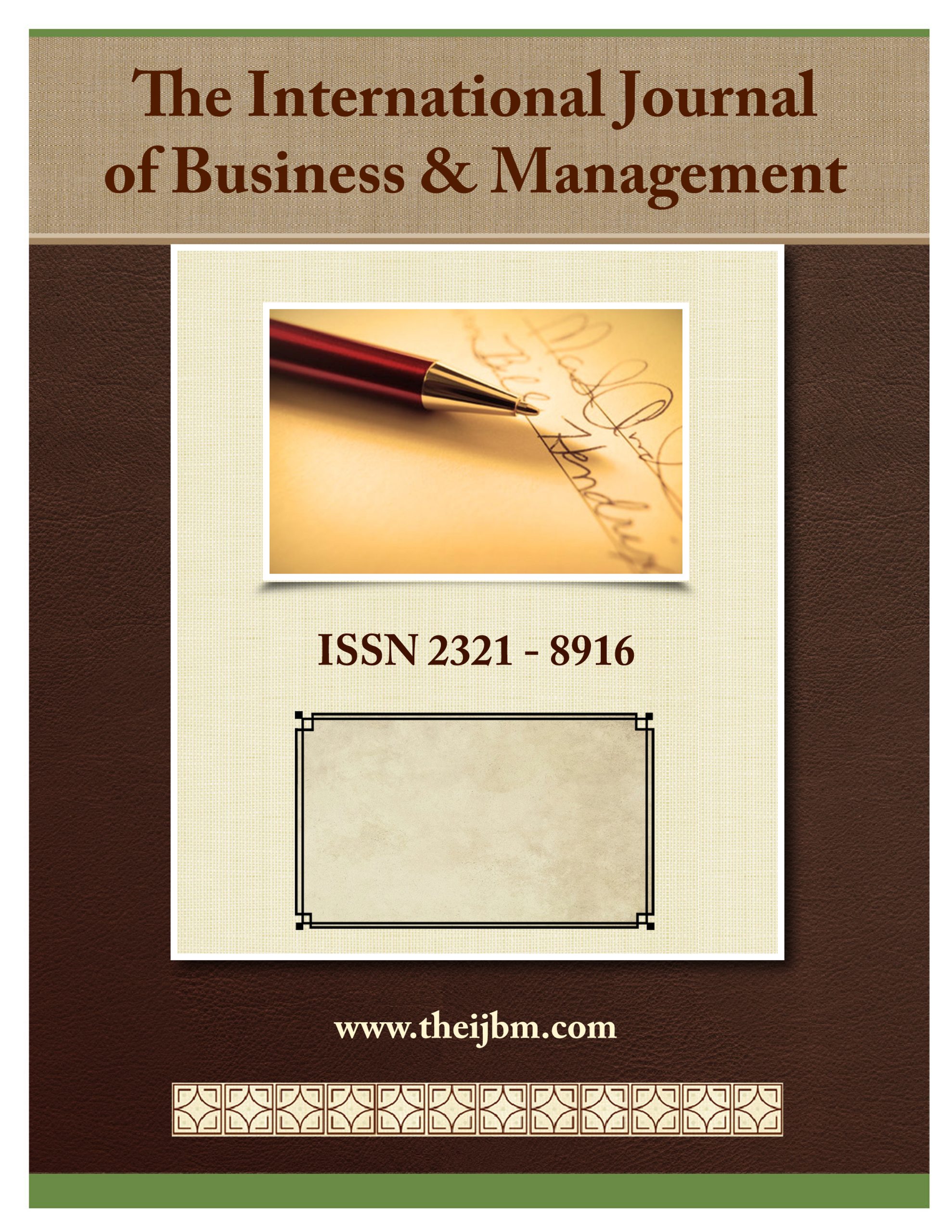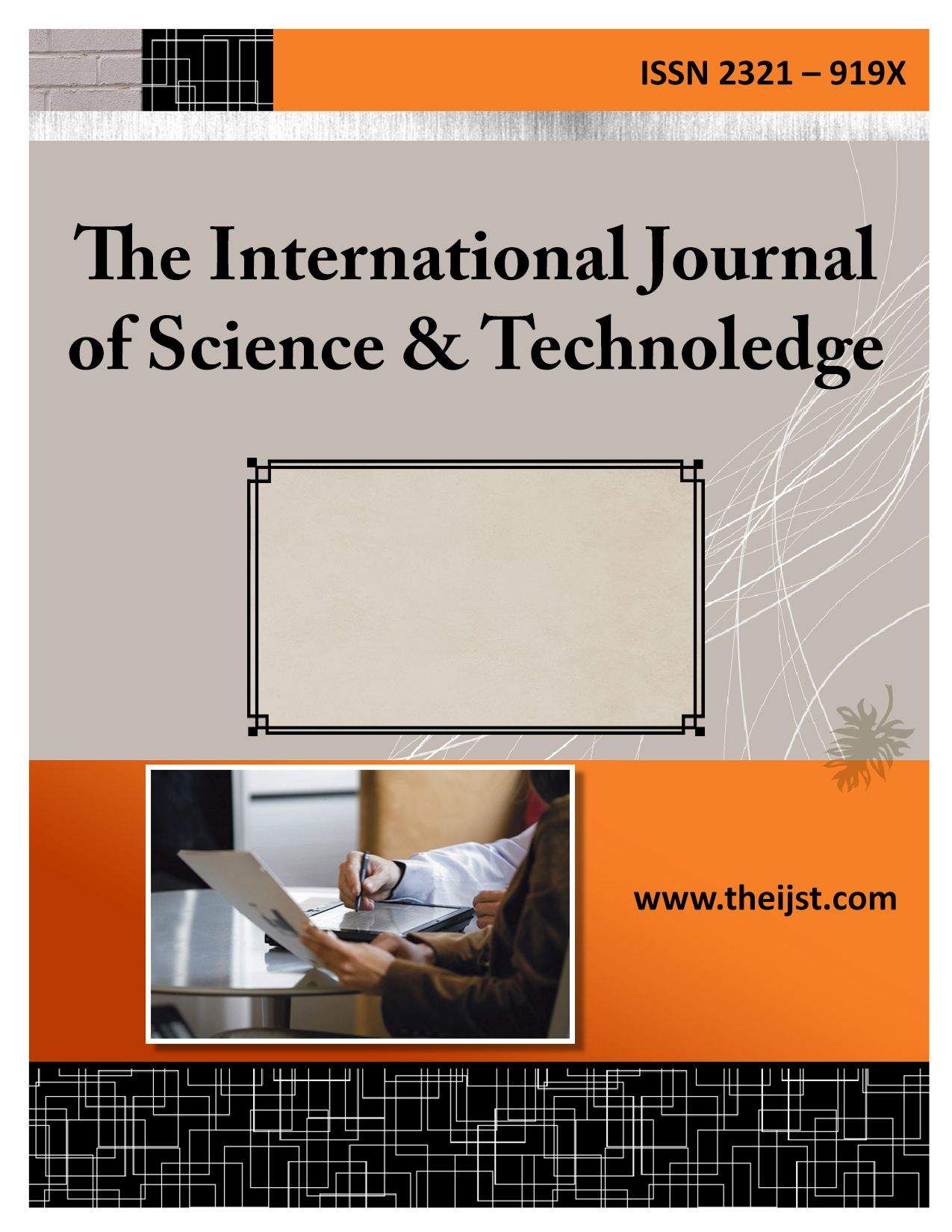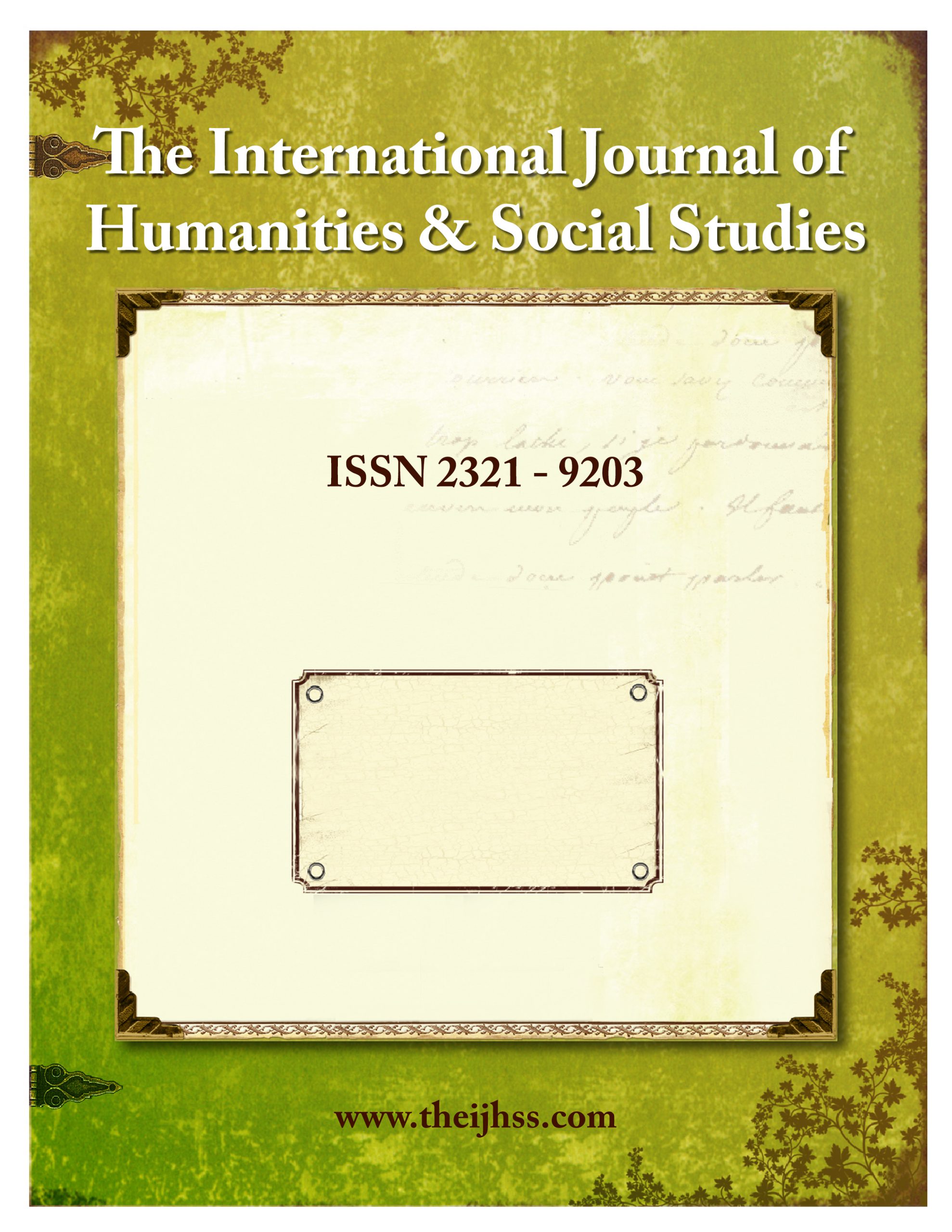Writing is a critical art form, which has its own techniques, styles and strategies. Hence, everyone’s writing style is different. However, if we think that everybody can write, that is not true, because writing is not only penning down words randomly; it requires composition, organization and flow of consciousness. In today’s world, writing also needs to be attractive to be appealing to the readers. Unfortunately, academic writing is a form of writing which is strongly believed to be uninteresting, fact-oriented, hard-to-understand and lacking character. To some extent, it is true, because in academic writing there is no plot construction involved; you cannot build drama or theatrical suspense that you can do for a fiction novel. Your objective and results are clearly explained in the beginning of your paper, because that kind of writing is published in international journal for serious reading purposes. But, scientific writing doesn’t mean it has to be boring or incomprehensible. Unnecessary jargons can increase the length of the paper, make complicated sentences and hence reduce the readability of a text. If you want to publish your thesis, you have to make the paper reader-friendly.
Here are 8 ways to capture reader’s attention through academic writing-
- Do Research on a Relevant Subject– You may have passion for the unknown, the undiscovered, but you have to face it; when your research cannot change something in society, it won’t be meaningful to real people. When you pick a real problem, existent in society as your topic of research, you can make a direct impact on the society by solving the problem meaningfully. Whatever, your research topic is, make sure you defend it properly in your pitch, such that it makes sense to the society. You must convince your financers, as well as your readers that if your research isn’t there, major technological developments for solving societal problems, won’t be possible. Say, your research is on a hydration machine; if you can pitch your story such that it will convince your audience that it can solve water-scarcity across the world, your research will be directly impactful upon society. A relevant subject will attract readers quickly.
- Look Hard for Errors in the Past– Be alert for anomalies and paradoxes, things that are accepted but perhaps should not be. Scientific progress often involves an ability to notice small (often minutely) anomalous events or outcomes.A new idea at first, can be problematic as it will break the rules established earlier by experts. But the willingness to probe into related works and critique them logically and scientifically can bring up something creative for your new academic work. The idea is to closely study your literature review and find out minor changes that can make your work different from theirs in the field. A unique perspective on a known idea is quick to attract readers.
- Use the Right Keywords– These days, finding something is not difficult because everything is on the web. But that finding can become too rigorous for readers, if your study doesn’t have the right keywords in the title, because this is the age of SEO (Search Engine Optimization). Do a basic research of what are trending on the popular search engines before you decide a title for your research or when you publish your thesis as a book. Right keywords facilitate finding your research easily. When your research is found easily, it gets better visibility and citation. You can use tools like Google Analytics, KeywordSearch etc. and many more for searching the right keyword. Trending keywords are good for drawing reader’s attention, and publishing your work in international journal. The more visible your research is, the more relevant and effective it will be.
- Keep Clarity While Using Technical Language- When we say not to use jargon, we’re not advocating leaving out necessary technical terms, but we are saying to make sure your language is as clear as possible. For e.g., you use the term “brinulator valve control ring”, because there is no English alternative to the word, but while the sentence, “tighten the brinulator valve control ring securely” is a clear and necessary use of the technical term, “Apply sufficient torque to the brinulator valve control ring to ensure that the control ring assembly is securely attached to the terminal such that loosening cannot occur under normal conditions” is a jargon, which complicates the meaning and makes the word count higher.
- Avoid Legal and Business Jargons– There are specific words which makes the sentences flowery and somewhat elite but may not be really needed in our contemporary research world. Scholars who write law or business must keep in mind, and make a conscious effort to avoid imposed terms if you want to publish your thesis successfully. Terms like “above-mentioned”, “henceforth”, “thereafter”, “heretofore” should not be incorporated in law papers, just like “value-added”, “touch-base”, “thinking outside the box”, “integrating quality solutions” etc. phrases should be avoided in business papers, to improve readability. To be read and understood, the research must be simple and easy to imbibe and develop. A school or college student and a ethical professor might be able to read the work equally. Unnecessary jargons often make paper complex and unattractive for readers, especially in this busy world.
- Use Short Words or Phrases That Can Self-Define– Gone are the days, when uncommon words or long sentences with subordinate clauses will stand for your command over the language. It is obvious that shorter words and phrases can reduce the complexity and length of sentences, hence applying to the overall length of a paper. It is better to use simple words whose meaning can be clearly understood, instead of twisted terms that might require footnotes for justification. For e.g., write “river birds” instead of “riverine avifauna”, write “homeless” instead of “involuntarily undomiciled”, and write “the patient is on respirator” instead of “The patient is being given positive-pressure ventilatory support.”
- Learn the Art of Selecting a Sample– Select sample from real crowd. Eventually your research is going to go out to the world, which comprises of scientific and non-scientific people, rich and poor, old and young. Select sample for your research from the real world. Survey works conducted in the natural environment will have more real and relevant data than that conducted in a closed room under structured conditions. Factual data are attractive to international journal publications. In fact, this process will help you cater your work to your audience better.
- Write in a Way That Can be Marketed– Marketing and promotion of work over different media go a long way in the success of an academic work. For that purpose, simple language that flows with the thought, words that are easy to understand and statements that are brief, are required. Most of the marketing happens on social media these days, and AI systems can classify works based on some basic words and phrases, hence if your language is too complicated, your work may not be captured by a trending system for promotion. Moreover, if you want to verbally market your work, and you are asked to describe your work in a few sentences, your writing should be natural and clear enough to be understood in a short span of time and brief focus of attention. That quality will make your writing attractive.












